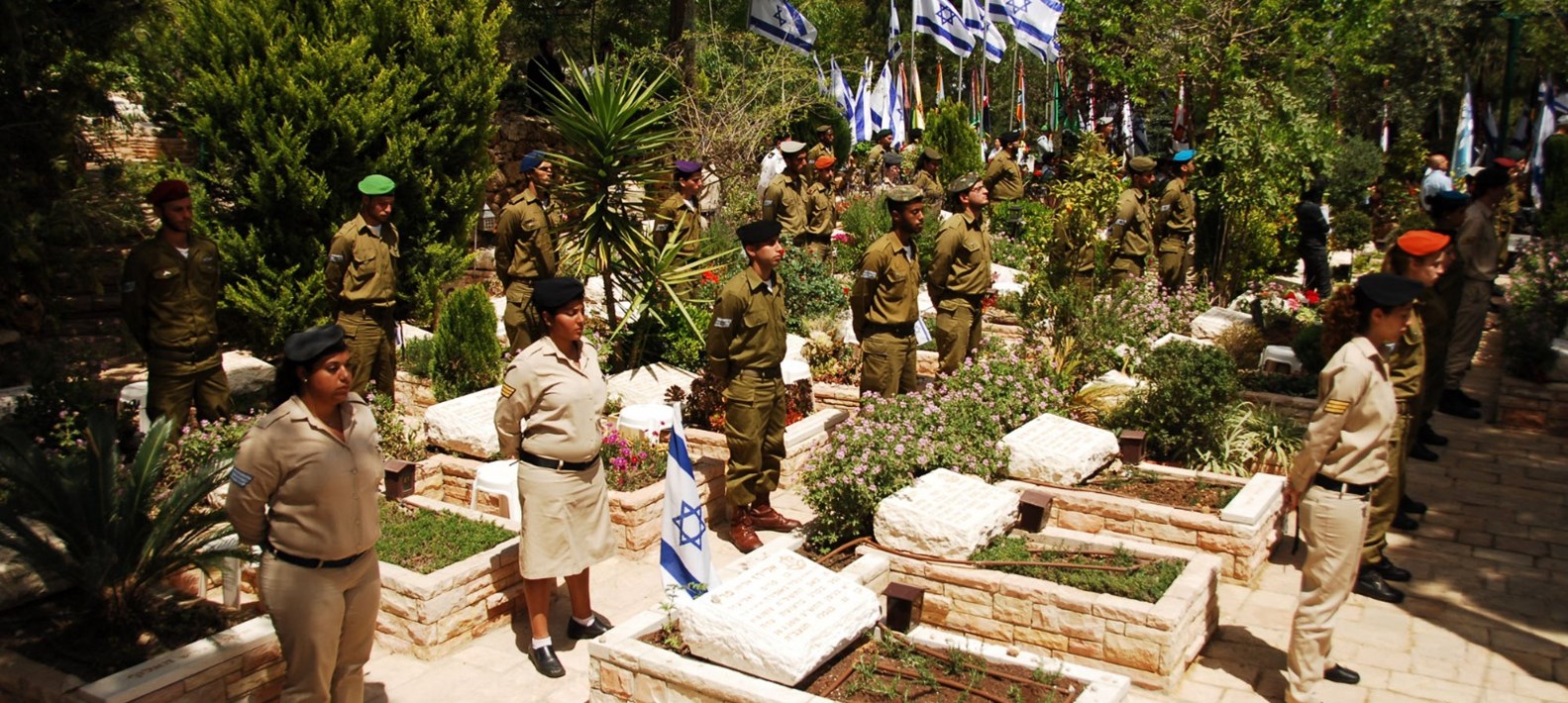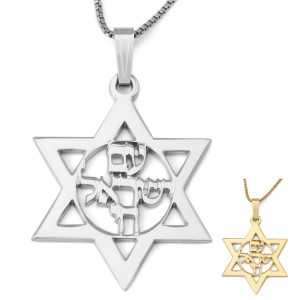Yom HaZikaron, a Hebrew term meaning “Day of Remembrance,” is a deeply moving national observance in Israel. It’s a day dedicated to honoring and remembering all those who died defending the State of Israel, including soldiers and victims of terrorism. This year unfortunately the list of victims has grown significantly due to the murderous attack of October 7th by the Hamas terrorists.
This somber occasion stands in stark contrast to the jubilant celebrations of Israel’s Independence Day, which follows immediately after. This unique pairing is a deliberate choice, highlighting the profound sacrifices made to secure the nation’s freedom.

A Day of National Stillness
Yom HaZikaron unfolds over a 24-hour period, beginning at sundown on the eve of the official memorial day. The observance is marked by a powerful national silence triggered by a piercing siren that blares across the country at 8:00 pm.
In that instant, Israel comes to a standstill. Cars halt on busy highways, pedestrians pause mid-stride, and families halt their meals. The entire nation unites in quiet reverence, a collective expression of respect for the fallen.
This tradition extends beyond public spaces. Homes and workplaces observe the silent tribute as well, underscoring the deeply personal nature of Yom HaZikaron.
Ceremonies of Remembrance
The national ceremony kicks off after the first siren at the Western Wall, a holy site in Jerusalem’s Old City. This solemn event features prominent figures such as the Prime Minister, Minister of Defense, and the Chief of Staff of the Israel Defense Forces (IDF).
The following morning, another nationwide siren pierces the air at 11:00 am, marking the commencement of more intimate memorial services. These ceremonies take place in cemeteries and schools, allowing communities to gather and grieve those they’ve lost.

A Nation Reunited in Remembrance and Hope
As Yom HaZikaron draws to a close, a final ceremony unfolds at Mount Herzl, Israel’s National Cemetery. This event signifies the transition from mourning to celebration, with Yom HaZikaron officially ending and Israel’s Independence Day commencing.
The deliberate scheduling of these two significant days reflects the profound connection between sacrifice and freedom. Israelis celebrate their independence with the clear understanding that it came at a heavy cost. Yom HaZikaron ensures that the memory of those who fell is never forgotten, fostering a national spirit of unity and resilience.
While Yom HaZikaron is a uniquely Israeli observance, its message of remembrance and honoring fallen heroes resonates deeply across the globe. It’s a powerful reminder of the sacrifices made in the pursuit of peace and freedom.
AM Israel Chai! Long live the people of Israel. עם ישראל חי


